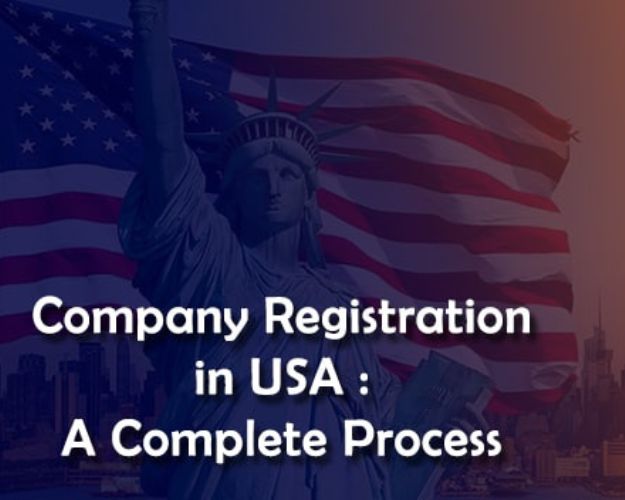Why the USA is the Optimal Destination for Business? Which State Stands Out?
Many international entrepreneurs are eyeing the U.S. market for business expansion due to its
status as the world's top business hub. The USA offers a vast, integrated market with low tax
rates, making it a prime destination for global success. Setting up a company in the USA is
streamlined and entirely online, catering to non-residents as well.
Now, the question arises: which state to choose for company registration?
For businesses without specific ties to any state, incorporation-friendly states like Delaware,
Wyoming, or Nevada are recommended choices.
Delaware stands out as one of the most favored jurisdictions worldwide for company
incorporation. A significant portion of U.S. publicly traded and Fortune 500 companies,
including tech giants like Apple and Google, are registered in Delaware. Its robust corporate
laws offer legal and liability protection, bolstering its reputation as a business-friendly state.
Delaware's tax regime is attractive, with exemptions for corporations conducting business solely
outside the state and no inheritance tax for non-residents. Moreover, details of shareholders,
directors, and officers remain confidential, adding to its appeal.
The flexibility of Delaware's corporate structure allows for streamlined operations, with
individuals holding multiple key roles. Its quick registration process and low incorporation costs
further enhance its attractiveness.
For startups and companies seeking financing, Delaware is an ideal choice. Investors, including
venture capitalists and angel investors, prefer Delaware corporations, solidifying its position as a
top jurisdiction for business growth.




